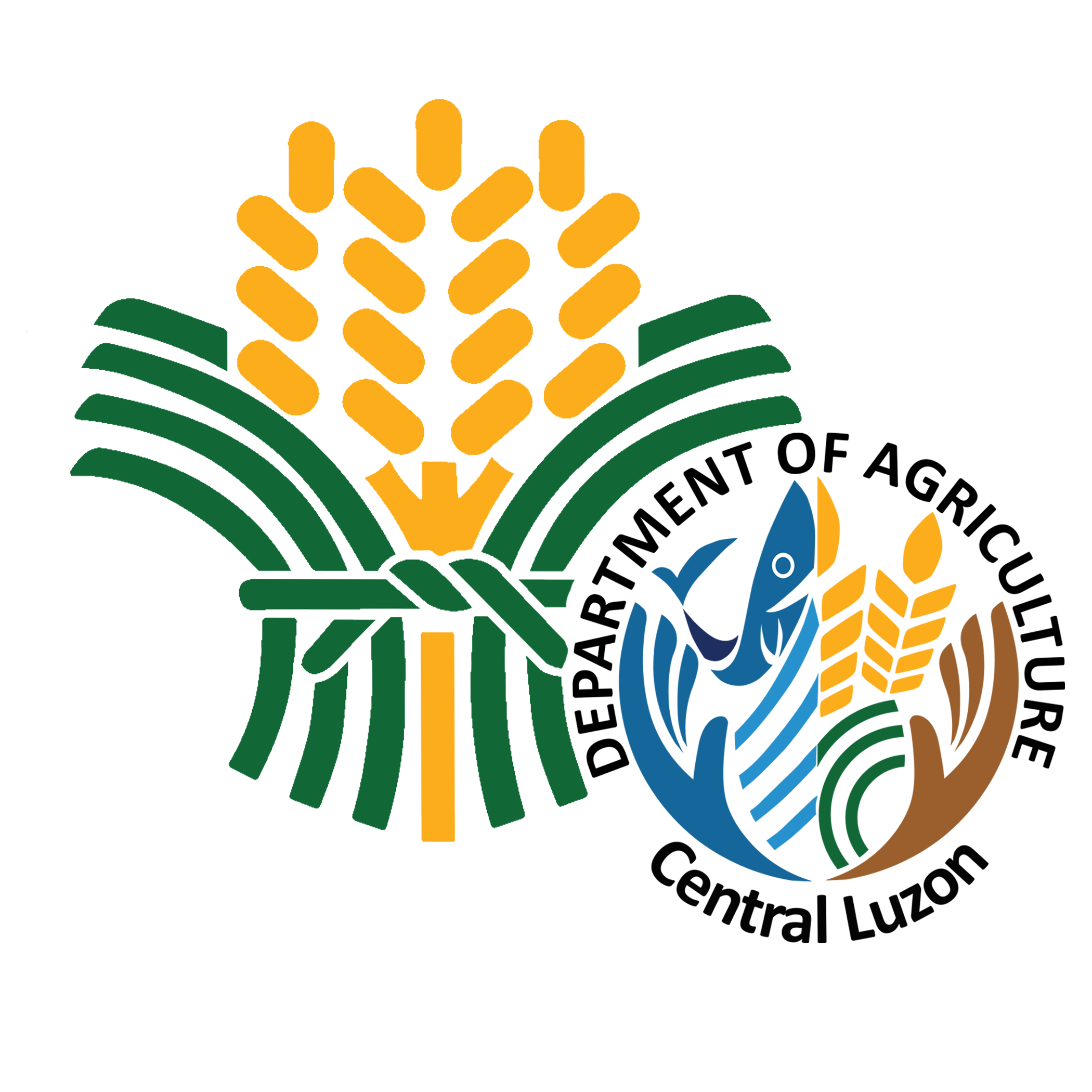ORGANIC AGRICULTURE PROGRAM (OAP)
Republic Act No. 10068, also known as the “Organic Agriculture Act of 2010,” was signed on April 6, 2010, to provide for the development and promotion of organic agriculture in the Philippines. RA 10068 was amended by Republic Act No. 11511 on December 23, 2020. The Organic Agriculture Program (OAP) is under the Field Operations Division (FOD) of the DA-Regional Field Office 3 and is headed by Ms. Marie Joy M. Daguro.
It is hereby declared to be the policy of the State to promote, propagate, further develop, and implement the practice of organic agriculture in the Philippines. This practice will cumulatively condition and enrich the fertility of the soil, increase farm productivity and farmers’ incomes, reduce pollution and environmental destruction, prevent the depletion of natural resources, encourage the participation of indigenous organic farmers in promoting their sustainable practices, further protect the health of farmers, consumers, and the general public, save on imported and farm inputs, and promote food self-sufficiency.
The amended Organic Agriculture Act established a comprehensive organic agriculture program through the promotion and commercialization of organic farming practices, the cultivation and adoption of production and processing methods—whether already developed or to be developed—continuing research and upgrading thereof, the capacity building of farmers, and education of consumers. It also includes the extension of assistance to local government units (LGUs), people’s organizations (POs), non-government organizations (NGOs), and other stakeholders, including individuals and groups who are practicing and promoting these methods or who are willing to engage in other pertinent activities, as well as the documentation and evaluation of the program.
LIST OF SERVICES
1. The Organic Agriculture Livelihood Program (OALP) acts as a business integrator for organic farms and businesses. The facilities and components of each OALP, including its scales of operation and phases of development, are based on the organic agriculture commodities of the proponent.
2. The Participatory Guarantee System (PGS) refers to a locally focused quality assurance system that is developed and practiced by people actively engaged in organic agriculture. It is built on a foundation of trust, social networks, and knowledge exchange. The system is used to certify producers and farmers as actual and active practitioners of organic agriculture, and the PGS certification is supported by incentives, training, and mentoring.
3. Capacity development for groups of organic farmers and fisherfolk covers the following aspects: organic agriculture technologies, organizational development, the process of organic agriculture certification and accreditation, and business operations.
4. The Youth Scholarship (Internship) program is a highly specialized internship available to young people nationwide, aged 18 to 35 years old. It provides trainees with funding for startup projects, rigorous and comprehensive hands-on training on farms, and mentorship during the implementation of their entrepreneurship projects. Its goal is to instill in the trainees a respect for and desire to work in organic agriculture and to make it a source of income.
5. The establishment of Organic Seed Centers aims to ensure that organic seeds and planting materials are accessible and available to organic practitioners. Local government units (LGUs) are encouraged to establish these centers and will receive assistance in doing so.
6. Advocacy and promotion are key mandates of the program to promote, propagate, further develop, and implement the practice of organic agriculture in the Philippines. This is achieved through various platforms such as congresses and summits, the celebration of Organic Agriculture Month, quad media, IEC materials, and information caravans.
KEY PROJECTS AND INITIATIVES
- Organic Agriculture Livelihood Program
- Participatory Guarantee System (PGS)
- Capacity Development
- Assist in the Youth Scholarship (Internship),
- Establishment of Organic Seed Centers
- Advocacy and Promotion
- Assist in Research and Development
- Market assistance
- Assist in availing Social Credit
- Assist in Policy Development
CONTACT INFORMATION:
Organicprogram.rfo3@gmail.com

